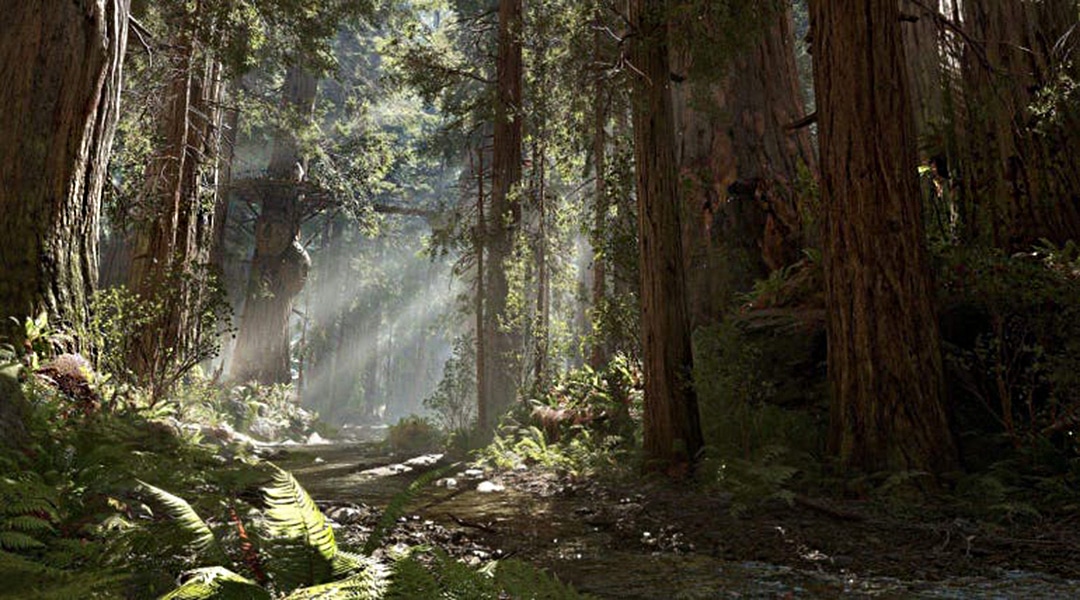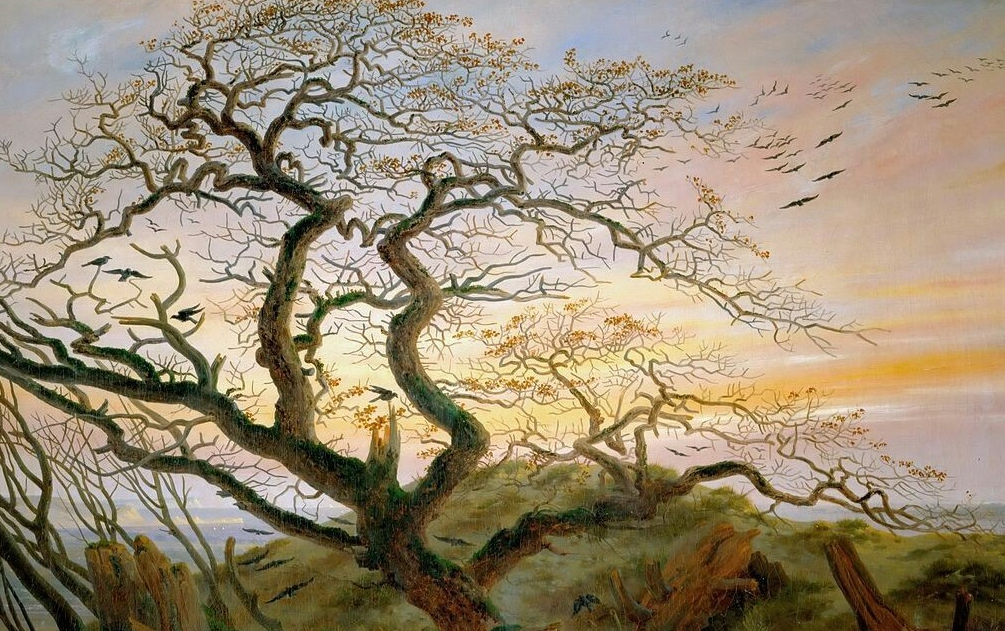Subscribe to Zero-Sum Pfear & Loathing



by W.D. James | Feb 9, 2024
Where have all the rebels gone?
Hiding behind computer screens
Where’s the spirit, where’s the soul.
Where have all the rebels gone?
Why don’t they come out of the woodwork now?
One for the money, two for the show
It’s not very rock and roll
– Van Morrison, Where Have All the Rebels Gone?i
It’s now friend-enemy all the way down.
– Anonymous
Increasingly our politics devolve to the level of stark enmity and the exercise of openly repressive power. The 20th century legal theorist Carl Schmitt famously analyzed this sort of situation in terms of the friend-enemy distinction.ii Two groups opposed to one another in a posture of existential threat. A fight is in the offing and the stakes are high.
Who is the enemy we contend against? At this point, it would be pretty accurate to just say ‘the Elites’. However, it is helpful to define who that is with more specificity and to understand why our contemporary elites are who they are and what situation they find themselves in.
I believe when the economic and political super-elite look out their windows, they see a scary world:

They are like powerful but wounded and cornered animals. Their strategy has to be to manage the inevitable decline in overall wealth creation, and the social and political turmoil that that will generate, while maintaining their own dominance and security.
Who our enemy is becomes clearer. It is all those at the very top of the current world system who can’t help but see their interests as being aligned in the face of the challenges confronting them. The super wealthy of all nations; the political establishments of the wealthy nations; the heads of global financial institutions; the heads of the giant tech and other companies; the propaganda apparatus of these institutions, the mass media; the managerial class of all these same institutions: these comprise an increasingly self-aware network of interlocking global elites.

Their strategy relies on the implementation of expansive technological control of the world’s populations. Through the elimination of privacy and the integration of all individuals into systems of surveillance and control, the elites hope to administer the decline in standards of living and growing scarcity while preempting any rebelliousness on the part of the plebs.
This is accompanied by an ideology of social fragmentation, disassociation from reality, and control through the manufacture of fear. The years 2020-2022 saw the crystallization of this ideology with the orchestrated response to the COVID pandemic, the acceleration of social fragmentation and societal self-destruction represented by the corporate and governmental cooptation of identity politics movements, and the adoption of the transgender issue (the tip of the transhumanist spear) as the litmus test for compliance with manufactured ‘reality’.
Our friends are all those who oppose this global elite and resist its machinations of technological enslavement and ideological hegemony. Hence, we are, at present, defined mainly in negative terms of what we oppose rather than in the positive terms of what we offer. However, in general, we love certain things that are under threat and, so, a positive aspect is still present within our resistance. Again, broadly speaking, we are all who:

Before the watershed year of 2020, we would have found ourselves divided and spread across the political spectrum: from libertarians to anarchists, from family-values conservatives to feminists, from nationalistic patriots to left-wing populists. We saw ourselves more divided by race, gender, and nationality than by economic class. Increasingly though, we start to recognize one another as friends.
In the preceding five essays, I have tried to show how the ancient philosophies of Cynicism and Stoicism provide resources for making us the sort of people capable of resistance. Among modern writers, the most insightful person I have come across in this regard is the German novelist and social theorist Ernst Jünger.
Jünger was concerned with how to preserve the human in the face of modernity’s anti-human development. He did this through an analysis of several ideal-types of the individual as enframed by modern technology. He was a highly decorated and oft wounded storm trooper in the First World War. His experience in the mechanized slaughter of trench warfare formed the basis of his analysis of the ‘front-soldier’. Between the wars, in the society of the total mobilization of production, he analyzed the ‘worker.’ After World War Two he developed the type of ‘the forest rebel’ and, later, the ‘anarch’.
Even in the 1950s, Jünger felt that all modern states, even liberal democracies, were essentially totalitarian and aimed at controlling their populations through propaganda, automation, and statistical surveillance. Digital technology exponentially magnifies that potential. Through its intrusive mechanisms he felt that the state sought to interrogate and ultimately objectify the individual ‘soul.’ If an individual were to choose to resist the state, by cultivating a space of interior freedom, they would by this act constitute themselves a ‘combatant’ in opposition to the state. The type of the ‘forest rebel’ is meant to be broad enough to cover both an individual who seeks to remain below the radar of the state in a lonely act of resistance and actual forest rebels along the lines of an armed insurgency.

Likewise, the ‘forest’ might refer to an actual hinterland where an insurgency might form or to primordial spiritual reality outside the state’s realm of control where the would-be rebel repairs to in order to marshal their strength. While it remains possible that the forest rebel may inaugurate an overt rebellion, the fundamental nature of the rebel, for Jünger, is that they maintain their interior freedom while contesting and subverting the symbols and values of the regime, and offer up alternative, antithetical, symbols and values.
At root, the struggle the forest rebel undertakes is a spiritual battle. To enter into the ‘forest passage’ is to engage with what Jünger calls “supra-temporal being”. Metaphorically, the forest is the realm of freedom and anarchy (think of Robin Hood and Sherwood Forest). Jünger accepts that within the realm of time and space, a totalitarian regime can wield control through indoctrination, punishment, and fear. The rebel must ultimately access the deep roots of being, beyond time and space, the source of all religion and spiritual being, to regain authentic freedom.
Jünger holds that to escape the regime’s matrix of control involves playing a “higher game;” that is, to enter into a spiritual struggle against the always essentially materialistic values of the regime. This entails what he calls an “initiation” into primordial being which, like all traditional initiations, involves a confrontation with and moving beyond death. For Jünger, genuine rebellion must stem from these deep places. Rebellion entails at least the possibility of martyrdom; but ultimately, as history bears witness, the cause of the martyrs often triumphs.
This is heady German Neo-Romantic stuff. I’m not really going to try to simplify his ideas and we really have just scratched the surface of them. However, I think several salient points ring true:

We have looked at how the ancient Cynics and Stoics might help us to prepare for a life of resistance. Jünger has wanted to look more deeply. He explicitly says the martyr is more powerful than the Stoic. Jünger is probably right. And, he can speak like that. He had evidently faced death many times in his combat experience and probably in covert opposition to the Nazi regime, though his participation in high level opposition to Hitler within the traditional German officer corps is not well established. However, the Cynics and Stoics were not mere wimps. I think Jünger is probably speaking the truth, but the truth of the Cynics and the Stoics is probably more attainable by folks like me.
However the details turn out, resistance to power always carries consequences. Some people will be prepared to bear those consequences and others will not. We will make ourselves more prepared if we intentionally engage in a process of spiritual preparation. The Cynics and Stoics can help us do that. They can help us learn to see through the screens of elite ideology. They can help us look within to our own souls, and outward toward nature and the spirit animating it, to discern genuine life-affirming values; what have been called ‘the permanent things’. Further, as practical teachers of what Hadot calls a ‘way of life’, via their ‘spiritual disciplines’, they can help us grow stronger and freer.
As Paul of Tarsusiv once reminded his followers in the city of Ephesus, “For we wrestle not against flesh and blood, but against principalities, against powers, against the rulers of the darkness of this world, against spiritual wickedness in high places.”v Our real struggle is always a matter of fundamental values and orientation; in short, a spiritual struggle.
As Van Morrison chastises in the lyrics quoted above, where have all the rebels gone? COVID was a trial run for the Great Resetting Elites and for the Great Resistance opposition. According to Jünger, if even 1% of a population became committed forest rebels, that would be a sufficient cadre for the building of a regime-destabilizing movement. Let’s hope.

i Listen to Van’s glorious track here: Van Morrison – Where Have All The Rebels Gone? (Edit) (Official Lyric Video) – YouTube
ii For a detailed presentation of Schmitt’s concept, see my essay “The Mortal God Drops Its Mask”: The Mortal God Drops Its Mask – by W.D. James (substack.com)
iii In what follows, I will largely be paraphrasing, not quoting Jünger. Given the style of his thinking and writing, pulling quotes out of context would usually be the opposite of illuminating. All the ideas I discuss are presented in Ernst Jünger, The Forest Passage, translated by Thomas Friese, Telos Press, 2013 (original German edition, 1951).
iv Guy Davenport, our translator for Diogene’s Fragments, detects Cynic influence in Paul’s thought and states there is evidence for the presence of Cynics in Tarsus.
v Ephesians, 6:12
W.D. James’s essays on Egalitarian Anti-Modernism have now been brought together in a 118-page pdf booklet, which is available to download for free here. Our complete collection of free books can be found here.